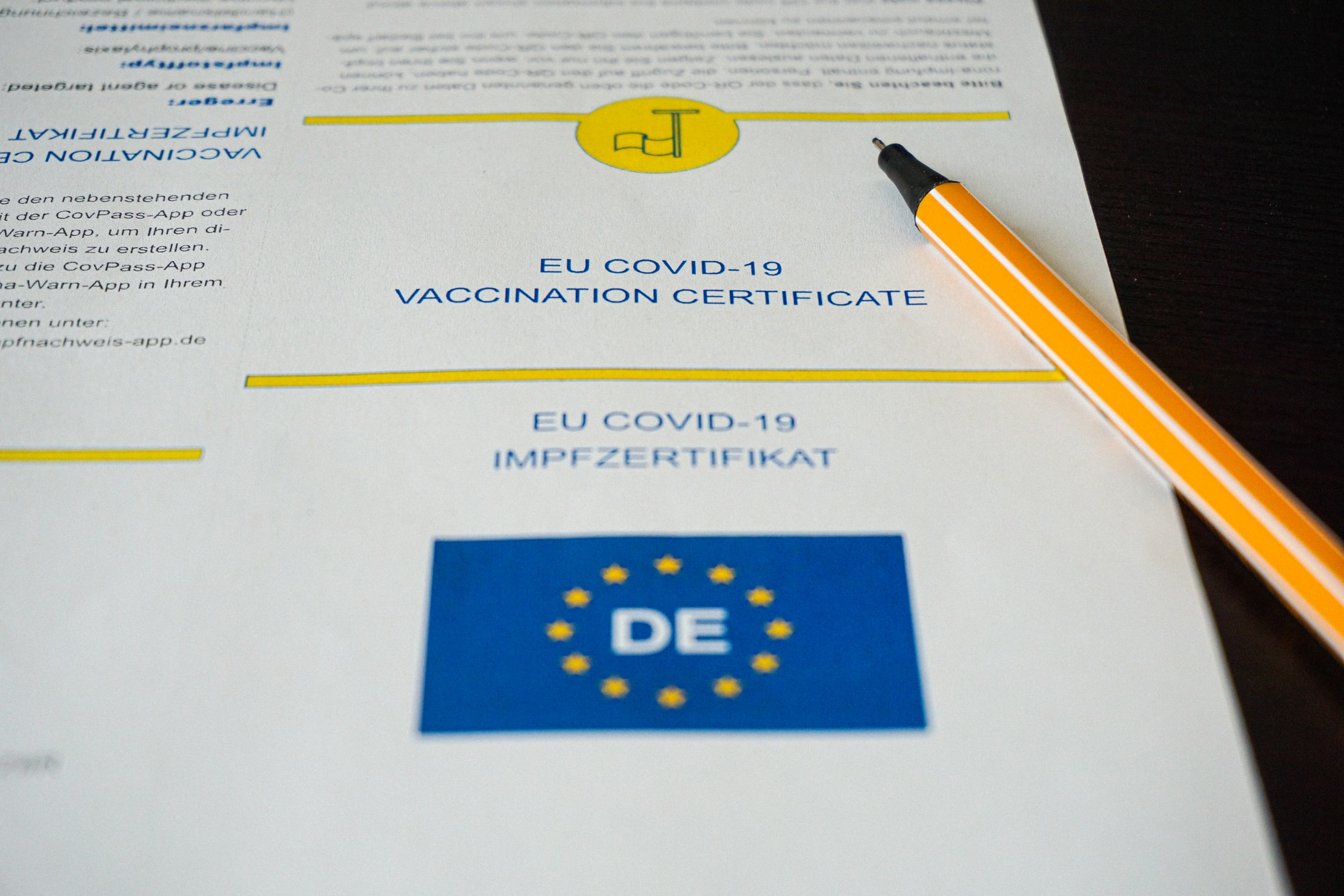
Unvaccinated people will have their movement severely limited.
European countries are currently in the midst of another surge of COVID-19, and with the new Omicron variant rapidly spreading outward from its point of discovery in South Africa, these countries are on the verge of a new health crisis. In order to prevent the pandemic from spreading any further, several countries are beginning to enact more severe measures to both halt transmission and get more people vaccinated.
After crisis talks with other EU country leaders, outgoing German Chancellor Angela Merkel and her successor Olaf Scholz announced a new sweeping lockdown measure in their home country. Unlike previous lockdowns that affected the entire populace, however, this one will exclusively be targeted toward those who have refused to get vaccinated against the coronavirus.
“We have understood that the situation is very serious and that we want to take further measures in addition to those already taken,” Merkel said at a news conference. “The fourth wave must be broken and this has not yet been achieved,” she added.
Under this lockdown, the precise beginning of which has not been specified, those who have not received an approved COVID-19 vaccine will be barred from entering most places of business, aside from essential ones like grocery stores and pharmacies. In the event of case spikes, social businesses like bars and nightclubs will also be required to temporarily shut their doors, and large events like sporting events will have limited audiences.
Germany is also considering a nationwide vaccine mandate beginning in February of 2022. This would echo sentiments from other nearby countries like Greece and Austria.
“Two or three years ago, I would never have thought to witness what we see right now, that we have this horrible pandemic, we have the vaccines, the life-saving vaccines, but they are not being used adequately everywhere,” said European Union Commission President Ursula von der Leyen in a press briefing.
“How we can encourage and potentially think about mandatory vaccination within the European Union, this needs discussion. This needs a common approach but it is a discussion that I think has to be led,” she added.
